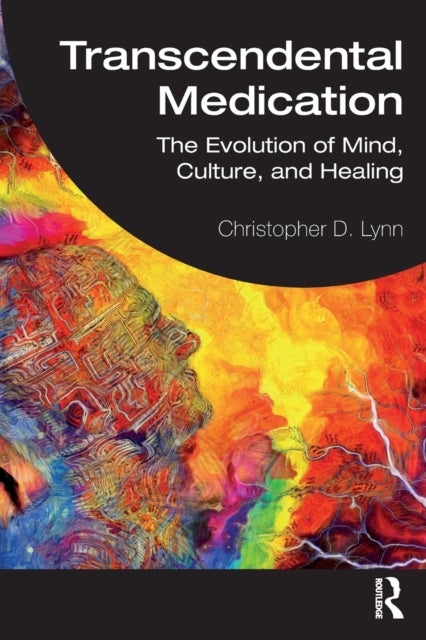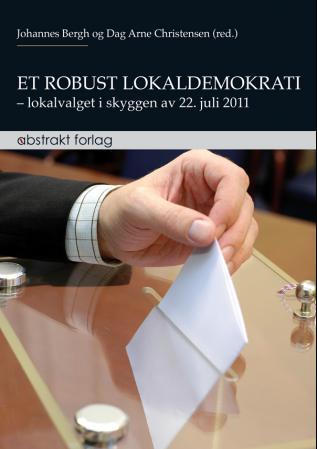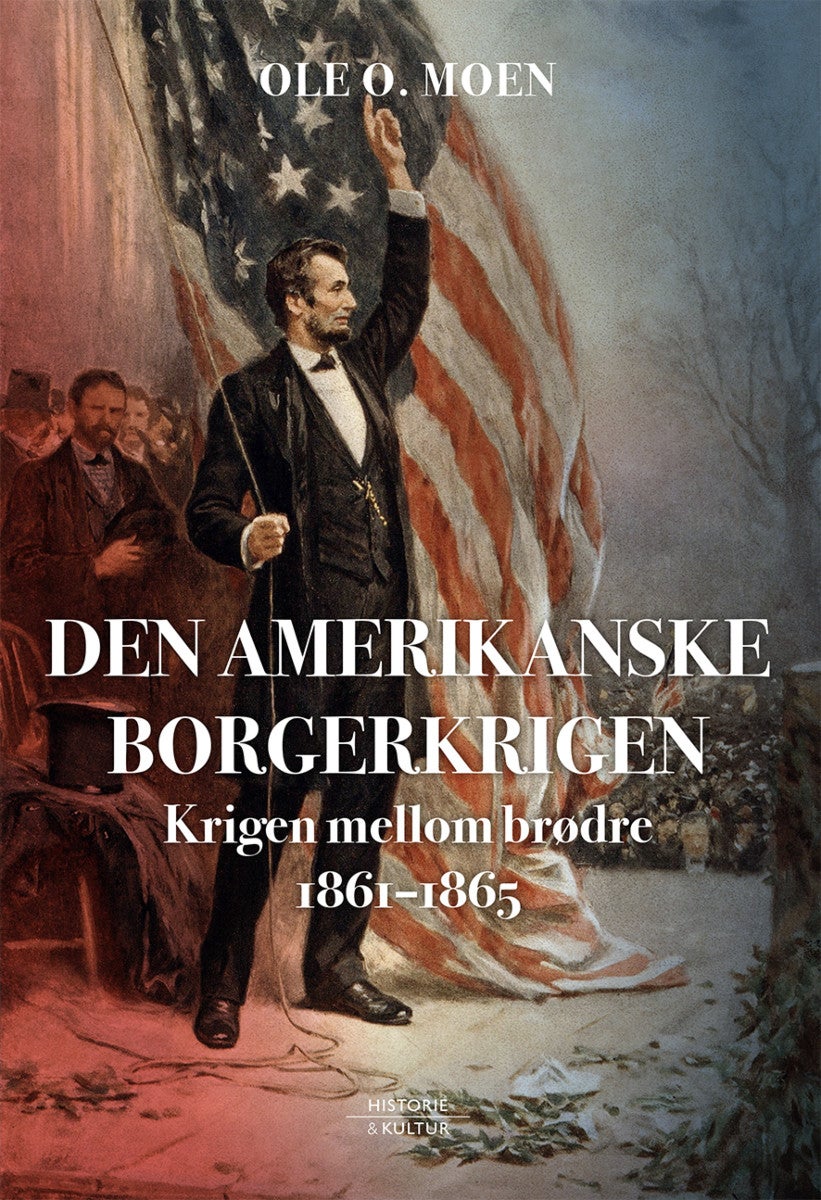
Transcendental Medication av Christopher D. Lynn
479,-
<P><EM>Transcendental Medication</EM> considers why human brains evolved to have consciousness, yet we spend much of our time trying to reduce our awareness. It outlines how limiting consciousness-rather than expanding it-is more functional and satisfying for most people, most of the time. </P><P>The suggestion is that our brains evolved mechanisms to deal with the stress of awareness in concert with awareness itself-otherwise it is too costly to handle. Defining dissociation as "partitioning of awareness," Lynn touches on disparate cultural and psychological practices such as religion, drug use, 12-step programs, and dancing. The chapters draw on biological and cultural studies of Pentecostal speaking in tongues and stress, the results of our 800,000+ years watching hearth and campfires, and unconscious uses of self-deception as mating strategy.</P><P>Written in a highly engaging style, <EM>Transcendental Medication</EM> will appeal to students and scholars interested in mind, al








